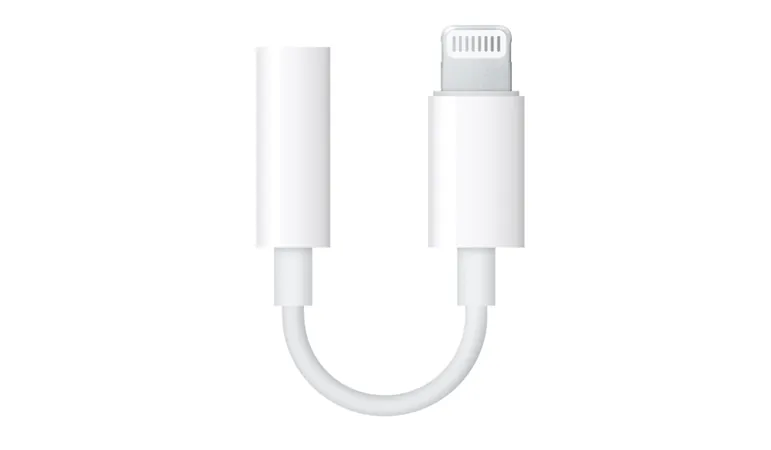
Are We Finally Saying Goodbye to Apple's Lightning to 3.5mm Jack Adapter?
2024-11-18
Author: Ken Lee
The Phasing Out of the Lightning to 3.5mm Adapter
In a move that may signal the end of an era, it seems Apple is phasing out its Lightning to 3.5mm headphone jack adapter, a trusty bridge between legacy wired headphones and the company's more modern, portless iPhones.
When Apple famously removed the headphone jack in the iPhone 7 back in 2016, the decision rattled many users. To ease the transition, Apple included a Lightning to 3.5mm adapter with its new models, allowing fans to cling to their wired audio devices for a bit longer.
Current Availability of the Adapter
Recent reports from MacRumors indicate that the $9 adapter is currently sold out across the US and most global markets, with limited availability in parts of Europe. This situation mirrors the earlier global sell-out of the SuperDrive, which soon disappeared from the lineup altogether.
The Rise of Wireless Headphones
While this news isn't entirely surprising given the rapid rise of wireless headphones and earbuds—remember, the first-generation AirPods were released alongside the iPhone 7—it's a stark reminder of how quickly technology evolves. Many users have fully embraced wireless audio, and as of the recent iPhone 15 and 16 series, Apple has shifted entirely to USB-C ports, rendering the previous Lightning adapter obsolete.
The USB-C Alternative
Interestingly, the USB-C to headphone jack adapter remains for sale at the same price of $9, indicating that Apple is still accommodating those who want to use wired headphones with its newer models.
The Future of Wired Headphones
As the world moves forward, the question remains: are we ready to fully let go of wired headphones, or do we still cherish the connectivity they provide? With the continuous improvements in wireless audio technology, including noise cancellation and sound quality, the need for the adapter appears to be diminishing. However, for loyal fans of wired audio, the phase-out of this adapter may spur nostalgia as we step into a fully wireless future. Will you miss it?



 Brasil (PT)
Brasil (PT)
 Canada (EN)
Canada (EN)
 Chile (ES)
Chile (ES)
 España (ES)
España (ES)
 France (FR)
France (FR)
 Hong Kong (EN)
Hong Kong (EN)
 Italia (IT)
Italia (IT)
 日本 (JA)
日本 (JA)
 Magyarország (HU)
Magyarország (HU)
 Norge (NO)
Norge (NO)
 Polska (PL)
Polska (PL)
 Schweiz (DE)
Schweiz (DE)
 Singapore (EN)
Singapore (EN)
 Sverige (SV)
Sverige (SV)
 Suomi (FI)
Suomi (FI)
 Türkiye (TR)
Türkiye (TR)